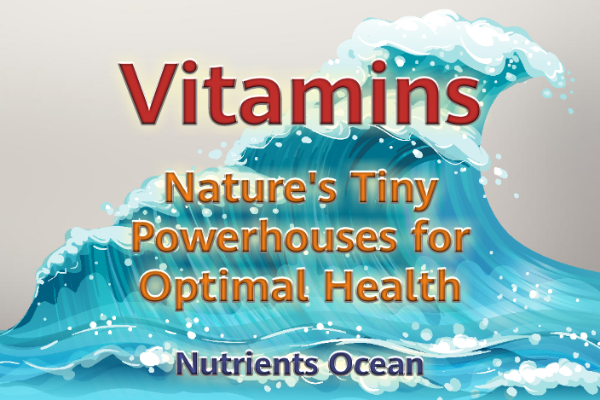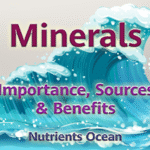Vitamins
Vitamins – those essential micronutrients we hear about all the time. But beyond the buzzwords and supplement aisles, what do vitamins truly do for our health? This comprehensive guide dives into the world of vitamins, exploring their roles, sources, and practical tips for optimizing your intake.
Unpacking the Vitamin Power
Vitamins play a diverse range of functions in our bodies, from supporting energy production and metabolism to strengthening immunity and promoting healthy cell growth. They act as coenzymes, facilitating crucial chemical reactions, and as antioxidants, shielding our cells from damaging free radicals.
Different vitamins fulfill distinct roles:
Essential for vision, reproduction, and immune function.
carrots, sweet potatoes, leafy greens, fish.
A complex group involved in energy metabolism, nervous system function, and red blood cell production.
Sources: whole grains, legumes, nuts, meat, dairy.
Vitamin C:
A powerful antioxidant supporting immunity, collagen synthesis, and wound healing. Sources: citrus fruits, berries, bell peppers, broccoli.
Crucial for bone health, calcium absorption, and immune function.
Sources: sunlight exposure, fatty fish, fortified foods.
Provides antioxidant protection and supports immune function. Sources:
vegetable oils, nuts, seeds, avocados.
Vitamin K2 (menaquinone) is another form of vitamin K that plays vital role in directing calcium to the bones and teeth, thuss upporting bone health. It helps prevent the calcification of arteries and other soft tissues, potentially reducing the risk ofc ardiovascular diseases. Vitamin K2 is primarily found in fermented foods like natto, cheese, and certain animal products such as egg yolks and liver.
Beyond the Hype: Pragmatic Vitamin Intake
While vitamins are vital, popping megadoses isn’t necessarily the answer. Most healthy individuals can obtain sufficient vitamins through a balanced diet rich in fruits, vegetables, whole grains, and lean protein sources. However, certain factors can influence individual needs:
Dietary restrictions:
Vegetarian or vegan diets might require planning to ensure adequate vitamin B12 and iron intake.
Medical conditions:
Specific health issues may necessitate tailored vitamin recommendations from a healthcare professional.
Age and lifestyle:
Growing children, pregnant women, and individuals with active lifestyles might have higher vitamin needs.
Smart Strategies for a Vitamin-Rich Diet
Forget complicated routines – here are practical tips to boost your vitamin intake naturally:
Embrace variety:
Fill your plate with a rainbow of fruits and vegetables, choosing different colors for their unique vitamin profiles.
Go whole grains:
Opt for whole-wheat bread, brown rice, and quinoa instead of refined grains for added B vitamins and fiber.
Include healthy fats: Incorporate nuts, seeds, and avocados into your diet for vitamin E and healthy fats.
Don’t forget the sunshine:
Aim for moderate, safe sun exposure to support vitamin D production.
Consider fortification:
Fortified foods like milk, cereals, and juices can contribute to meeting vitamin needs.
Remember:
Consulting a healthcare professional or registered dietitian can provide personalized guidance tailored to your specific needs and help you achieve optimal vitamin intake through diet or, if necessary, carefully chosen supplements.
Beyond the Basics
This article provides a foundational understanding of vitamins and their importance. As you delve deeper, explore:
Specific functions of each vitamin
-
Potential vitamin deficiencies and their symptoms
-
Food sources rich in specific vitamins
-
The role of vitamins in preventing chronic diseases
By understanding the roles of vitamins and adopting practical strategies to optimize your intake, you can empower your body with these tiny powerhouses for a healthier, more vibrant you!
In our coming up articles, we will cover each of these vitamins in detail.




